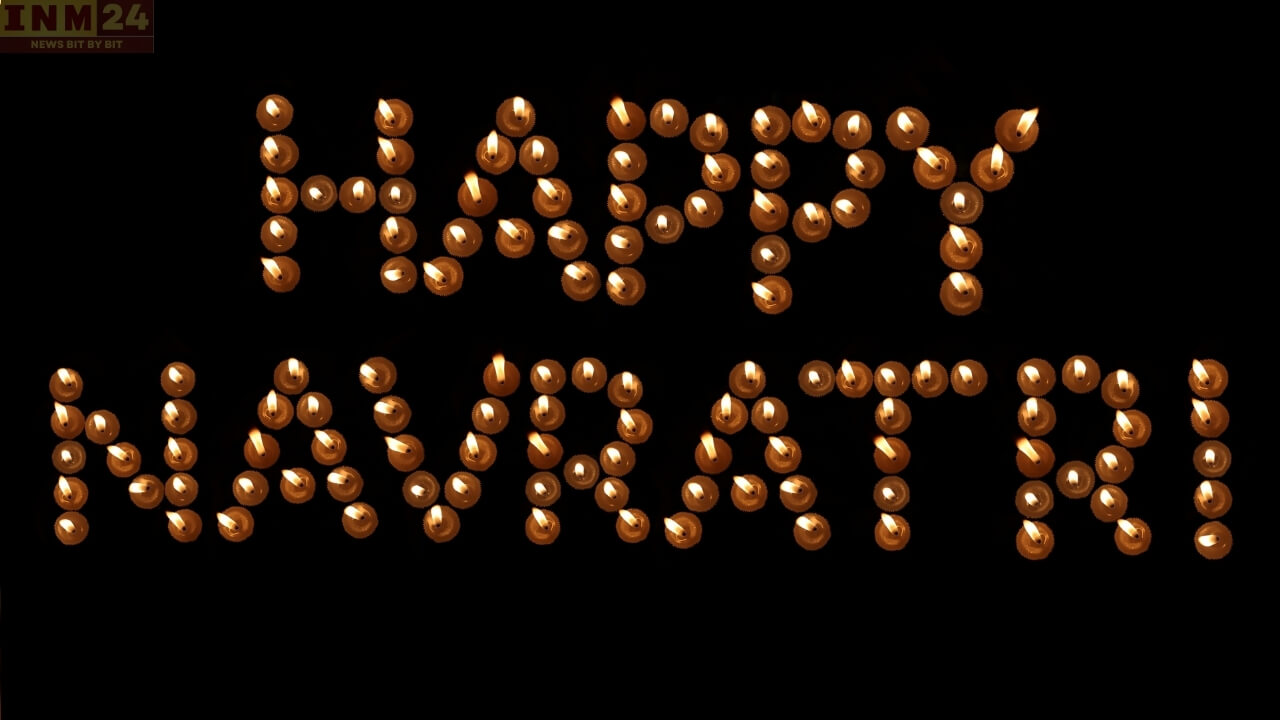Chaitra Navratri, the nine-day festival dedicated to the worship of the nine forms of Goddess Durga, culminates with great fervor and devotion on its final day. This day holds immense significance as it marks the worship of Mata Siddhidatri, the ninth and final form of the divine mother. Devotees seek her blessings for happiness, prosperity, and success as they conclude their Navratri celebrations.
The Siddh Kunjika Stotram is a special mantra dedicated to the worship of Mata Siddhidatri. It is believed that chanting this stotram on the last day of Navratri, either on Navami or Dashami, fulfills all desires of the devotees.
Significance of Siddh Kunjika Stotram
The Siddh Kunjika Stotram is revered for its ability to unlock spiritual and material blessings. Chanting this stotram is said to fulfill all desires of the devotees, including wealth, prosperity, and success. It is believed to alleviate the malefic effects of celestial bodies and bestow auspicious results. Additionally, this stotram aids in overcoming enemies and dispelling fear and anxiety.
How to Chant Siddh Kunjika Stotram
- Prepare for Worship: On the final day of Navratri, after bathing, adorn clean attire.
- Set Up the Altar: Cleanse the puja area and install the idol or image of Mata Siddhidatri.
- Light the Lamp: Illuminate the space with a lit lamp and offer incense.
- Offerings: Present flowers and naivedya (food offering).
- Chanting: Sit in a peaceful and secluded place and chant the Siddh Kunjika Stotram 11, 21, 51, or 108 times, or as per your inclination.
- Focus: While chanting, concentrate on Mata Siddhidatri.
- Prayer: Conclude the chanting with a prayer to Mata Siddhidatri.
Siddh Kunjika Stotram
(Om Aim Hreem Kleem Chamundayai Vichche) (Om Gloum Hum Kleem Joom Sah Jwalay Jwalay Jwal Jwal Prajwal Prajwal Aim Hreem Kleem Chamundayai Vichche Jwal Hum Sam Lam Ksham Phat Swaha)
Namaste Rudrarupinyai Namaste Madhumardini Namah Kaitebharinyai Namaste Mahishardini
Namaste Shumbhahantryai Cha Nishumbhasurghatini Jagratam Hi Mahadevi Japam Siddham Kurushva Me
Aimkari Srishtirupayai Hreemkari Pratipalika Kleemkari Kamarupinyai Beejarupe Namostute
Chamunda Chandaghati Cha Yaikari Varadayini Vichche Chabhayada Nityam Namaste Mantrarupini
Dhang Dheeng Dhoong Dhurjate Patni Vang Ving Voong Vaagdhiswari Kram Kreem Kroom Kalika Devi Sham Sheem Shoom Me Shubham Kuru
Hum Hum Humkarirupinyai Jam Jam Jam Jambhanadini Bhram Bhreem Bhroom Bhairavi Bhadre Bhavanyai Te Namo Namah
Am Kam Cham Tam Tham Pam Yam Sham Veem Doom Aim Veem Hum Ksham Dhijangram Dhijangram Trotay Trotay Deeptam Kuru Kuru Swaha
Pam Peem Poom Parvati Poorna Kham Kheem Khoong Khechari Tatha Sam Seem Soom Saptashati Devya Mantrajapam Kurushva Me
Thus, the Siddh Kunjika Stotram, when chanted with devotion and sincerity, is believed to fulfill the desires of the devotees and invoke the blessings of Mata Siddhidatri on the auspicious occasion of Chaitra Navratri.
